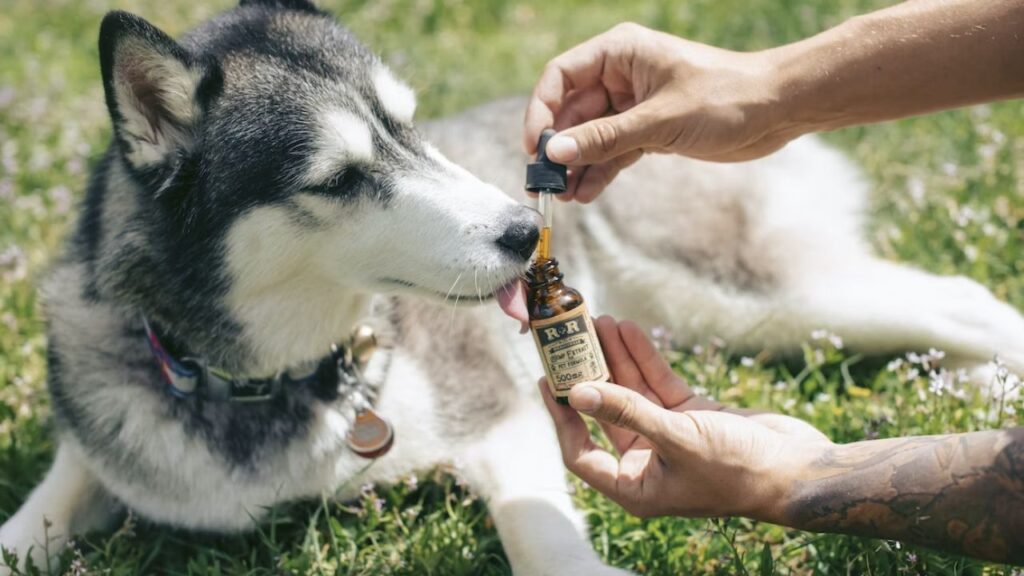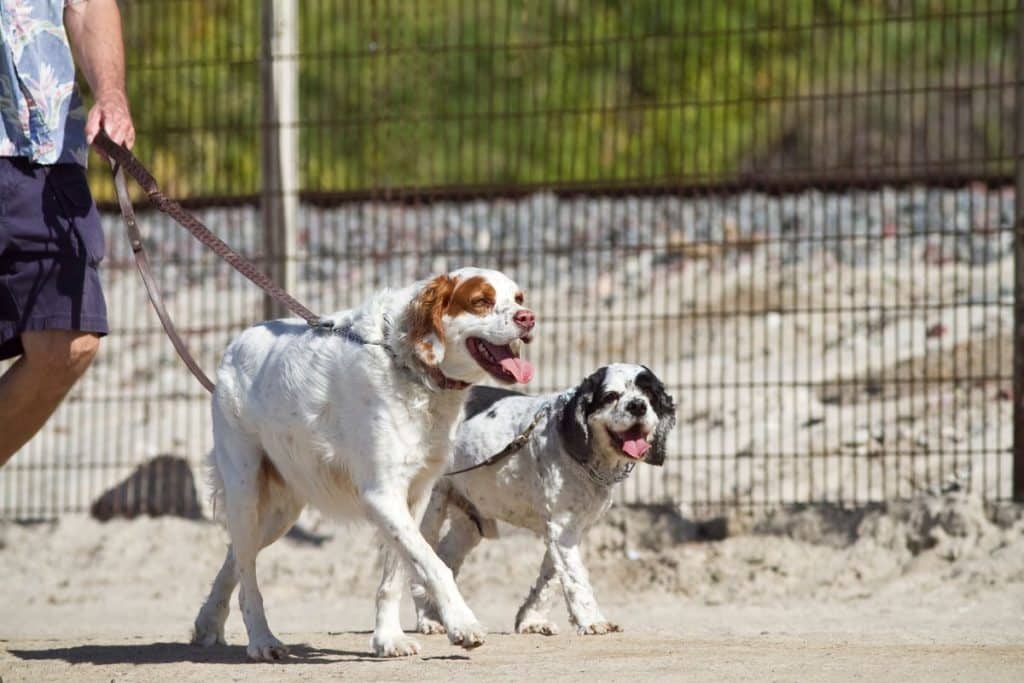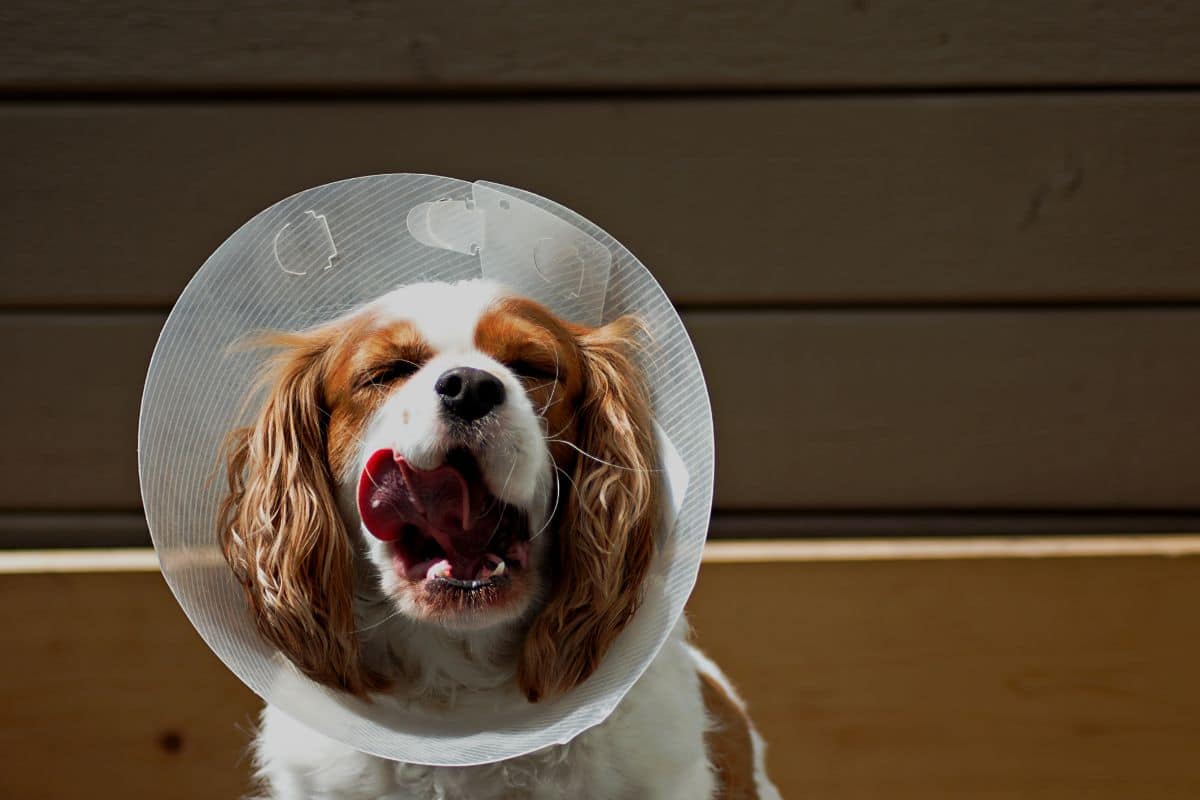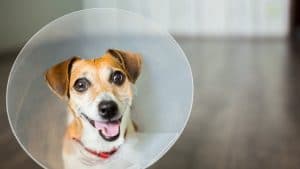You’ve heard it a thousand times: neutering your dog is a responsible choice. Not only does it contribute to population control, but it also comes with a plethora of health benefits.
And indeed, it is. But for first-time dog owners, it raises a lot of important questions. The most important one is – can your neutered dog still mate? Or does the surgery stop all their biological urges?
This question may seem paradoxical, given that neutering is, after all, the removal of a dog’s reproductive organs. But the query is not as straightforward as you might think.
Technically, neutered dogs cannot mate in the conventional sense because the neutering process involves the removal of the dog’s testicles, which stops the production of testosterone and semen. However, neutered dogs can have sex and display mating-like behaviour such as mounting.
While similar to mating, these behaviours do not indicate your dog’s ability to reproduce. Let me explain.
Do neutered dogs still want to mate?
Generally speaking, a neutered dog may still “want” to mate and display mating-like behaviours, especially if the surgery is done later in life. This is because mating behaviour in dogs is influenced by external factors such as social cues, exerting domination, force of habit, etc.

1. Hormonal Residues
Testosterone can remain in your dog’s system for up to 6 weeks after the procedure.
These residual hormones can sometimes be enough to drive mating-like behaviour, although they are usually not present enough to result in full-blown mating instincts.
2. Environment & Social Cues
It’s not uncommon to see neutered dogs engage in mounting behaviour, which often gets mistaken for mating.
Mounting could be driven by factors unrelated to reproduction—dominance, excitement, or even stress can trigger it.
Similarly, suppose a neutered male is around a female in heat. In that case, he might display mating-like behaviours driven by her scent and behavioural cues, even if he cannot mate.
3. Behavioural Conditioning
If a dog was neutered at an older age and had experiences related to mating before the operation, some of these behaviours might persist. Think of it as a form of habit.
4. Expert Opinions and Studies
Studies on canine behaviour after neutering suggest a decrease in sexual behaviour, but they never report a complete absence of mating attempts.
According to experts in the field, factors like age at the time of neutering, social environment, and individual temperament can influence how likely a neutered dog is to engage in mating-like activities.
For instance, a study published in the Journal of Veterinary Behavior found that dogs neutered before puberty exhibited significantly fewer mating behaviours than those neutered post-puberty.
Mating in Neutered Dogs: Myths Vs. Facts
You’ve heard the myths circulating in dog parks, vet waiting rooms, and online forums. But how many of them actually hold water?
Myth: Neutered Dogs Can’t Mate
Fact: As we’ve already discussed, while neutered dogs can’t reproduce, they can engage in mating-like behaviour such as mounting. The absence of testicles doesn’t automatically mean the absence of the mating drive.
Myth: Mounting Is Always Sexual
Fact: Many factors, such as dominance, stress, or habit, can trigger mounting. It’s not always sexual behaviour.
Myth: Neutering Eliminates All Behavioral Issues
Fact: Neutering can reduce certain behaviours, but it’s not a magic fix for all issues. Dogs can still exhibit various other behaviours based on their temperament, training, and environment.

How long can a dog produce sperm after getting neutered?
Residual sperm can be present in the reproductive tract for a few weeks post-neutering. Studies suggest that testosterone can remain in a dog’s system for up to 6 weeks after the operation. However, the chances of these sperm being fertile are slim to none.
- Immediate Post-Op Phase: For the first week or two post-operation, your dog may still produce some sperm. But with the source (testicles) removed, the supply diminishes rapidly.
- Weeks 3-6: By this point, sperm production has usually ceased entirely, and any remaining are unlikely to be fertile.
- Beyond 6 Weeks: After 6 weeks, your neutered dog is physiologically incapable of producing fertile sperm. Any mating-like behaviour witnessed after this point is purely instinctual or habitual.
Can neutered dogs reproduce and have Puppies?
Neutered dogs can’t have puppies. Removing the testicles and cessation of testosterone production essentially “switch off” the ability to produce offspring.
Here’s the breakdown:
- Physiological Limitations: Without testicles, there’s no sperm production, and without sperm, there’s no fertilisation. It’s as simple as that.
- Timeframe Matters: If a dog mates shortly after being neutered, there may still be some residual sperm in the reproductive tract. However, as mentioned earlier, these are generally not fertile, and the chances of leading to pregnancy are practically zero.
- The “Phantom” Phenomenon: You may hear stories about neutered dogs miraculously fathering a litter. These are often based on misunderstandings or incorrect timelines, like mating incidents just before the neutering procedure.
In summary, your neutered dog’s drive to mount or even hump doesn’t indicate his ability to sire puppies.
How to manage mating behaviour in neutered dogs?
Even though we’ve established that mating-like behaviours in neutered dogs are generally harmless, they can be embarrassing or problematic in certain social settings.
So, what can you do to manage these actions? Here are some practical tips.
- Behavioural Training: The earlier you start, the better. Young dogs are more impressionable and easier to train. Simple commands like “No” or “Stop” can be effective when taught early.
- Positive Reinforcement: Whenever your dog listens to your command to cease the mating-like behaviour, reward him. Positive reinforcement can be a potent tool in modifying dog behaviour.
- Distraction Techniques: Keep a toy or a treat handy. When you notice your dog beginning to mount, distract him with the toy or treat. Over time, he may associate the cessation of mounting with a positive experience.
- Consult an Expert: Sometimes, these behaviours may be deeply ingrained or symptomatic of a deeper issue like anxiety or stress. In such cases, consult a veterinarian or a certified dog behaviourist.
- Exercise: Physical exertion is often a good way to redirect energy that might otherwise be spent on undesirable behaviours. Regular walks, playtime, and even agility courses can go a long way in curbing these actions.
- Safe Spaces: Create a safe, stress-free environment for your dog. An anxious dog is likely to engage in excessive behaviours, including mounting.
Understanding why your neutered dog acts the way he does is the first step in effectively managing his behaviours. Dogs are creatures of habit, but they are also incredibly adaptive.
With the right approach, you can help your dog adjust to a less confusing life for you and him!




Your hard work is appreciated; thank you for the excellent material.
Thanks for the appreciation!